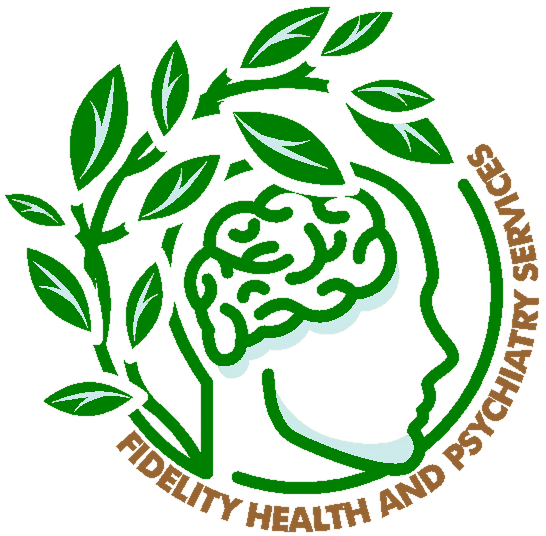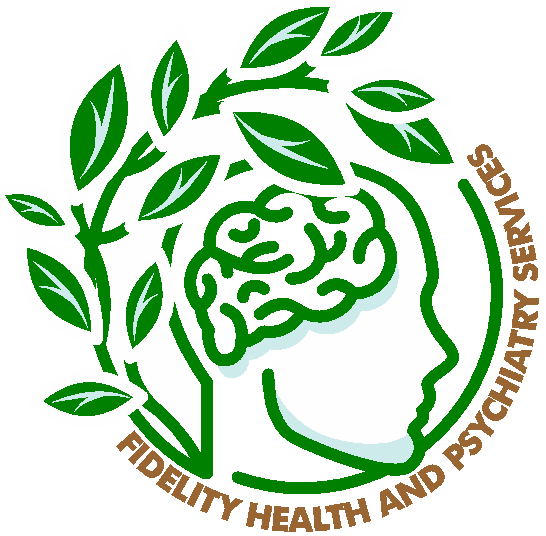You’re not alone in experiencing low moods, and feeling sad at times is a normal part of life. But it can be challenging to distinguish between temporary sadness and clinical depression. Let’s explore the differences to ensure you find the right support and care.
Picture this: You had a rough day at work, plans fell through, or you miss someone dear. In moments like these, sadness is a natural response. Everyone feels sad occasionally.
But what if that sadness lingers? What happens when it starts impacting your daily life, relationships, and overall well-being? This is where things get tricky—it might be more than just sadness; it could be depression.
Sadness vs. Depression: Why Knowing the Difference Matters
Depression is much deeper than just feeling down. It feels like a dark cloud hovering over your mind, weighing down your emotions. Unlike sadness, which typically fades, depression can persist for weeks, months, or even years if untreated.
You might wonder, “Why is it important to know if it’s sadness or depression?” Understanding the difference is crucial for finding the right care.
Consider this analogy: You’d take painkillers for a headache, but a toothache requires a dentist. Similarly, sadness might improve with self-care or a conversation with a friend. But if you experience ongoing symptoms like persistent low mood, loss of interest in activities, or changes in sleep and appetite, it’s time to seek professional help.
By recognizing the distinction between sadness and depression, you can take the right steps toward healing. It’s okay not to feel okay sometimes, but you still deserve support and happiness.
What is Sadness?
Sadness is often viewed negatively, but it’s a natural and essential emotion. When you feel emotionally weighed down, it’s like a gentle rain nurturing your soul. Sadness can arise from many situations, such as the loss of a loved one, missed opportunities, or daily stress.
The duration and intensity of sadness vary from person to person. It may last a few minutes or stretch over days, but it typically passes as circumstances change or healing occurs.
What is Depression?
Depression is not just an emotion; it’s a mental health condition. It can feel like being trapped in a dark, inescapable pit, affecting your thoughts, feelings, and daily routines. Depression doesn’t simply go away on its own—it disrupts your life, from your sleep patterns to your appetite.
You might be experiencing depression if you often feel hopeless without a clear reason or lose interest in things you once enjoyed. Depression can make it hard to engage with life, and if left untreated, it may last for weeks, months, or longer.
Key Differences Between Sadness and Depression
Knowing the differences between sadness and depression helps you understand your emotions and seek the right support. Sadness tends to fade with time, while depression can persist and severely impact your ability to function. Depression often includes additional symptoms such as changes in appetite, sleep disturbances, and thoughts of hopelessness or worthlessness.
How Mental Health Nurse Practitioners Support You
When you’re dealing with mental health challenges, mental health nurse practitioners can be valuable allies. They not only provide medical care but also offer emotional support. These professionals can recognize signs of depression early and help connect you with resources such as therapy and support groups.
Coping with Depression
Although managing sadness and depression can be tough, there are ways to cope. Here are some strategies to support your mental health:
- Practice Self-Compassion: Be gentle and kind to yourself during tough times.
- Stay Connected: Reach out to trusted friends or family for support.
- Engage in Enjoyable Activities: Make time for activities that bring you joy and relaxation.
- Prioritize Self-Care: Ensure you are eating well, exercising, and getting enough rest.
- Mindfulness Practices: Incorporate mindfulness exercises like meditation, deep breathing, or yoga into your routine.
Conclusion
Recognizing the difference between sadness and depression can lead you to the right help. If you find yourself struggling, remember that seeking support from professionals can be a critical step toward feeling better. Fidelity health psychiatry services , we are here to listen and offer guidance toward improved mental well-being. It’s okay not to be okay, but it’s essential to take steps toward healing and happiness.





